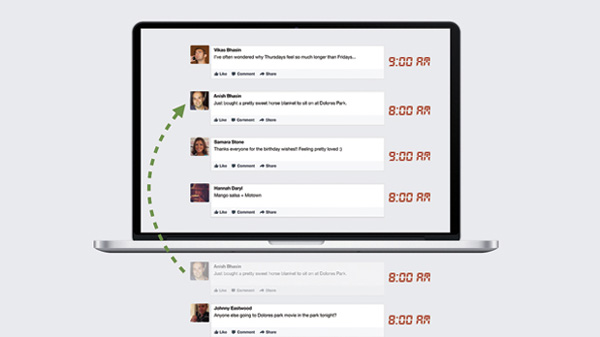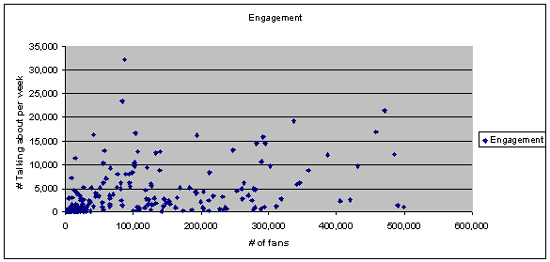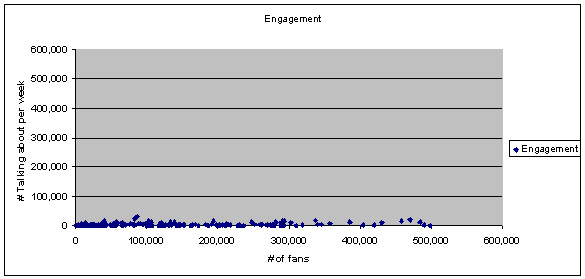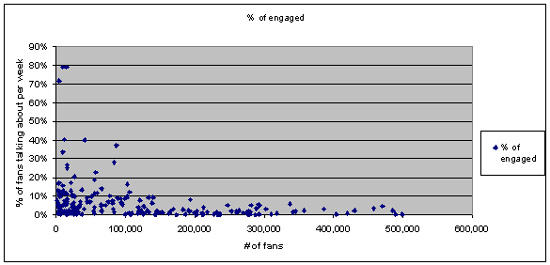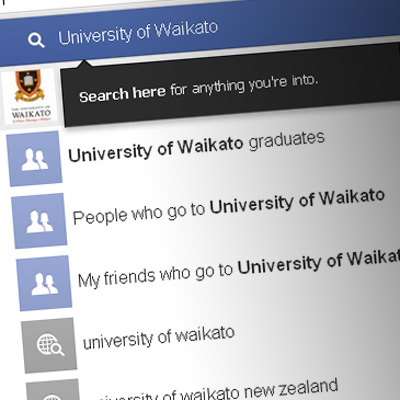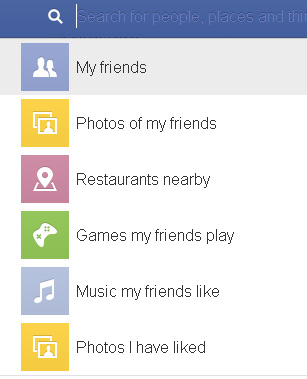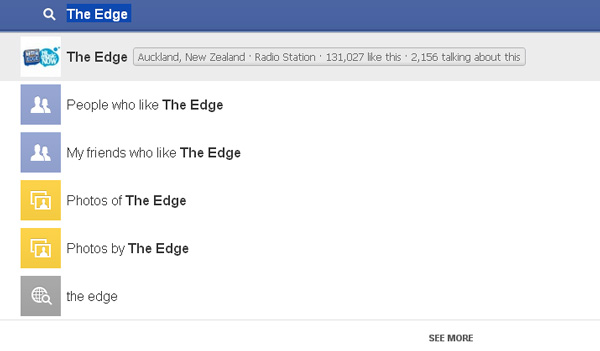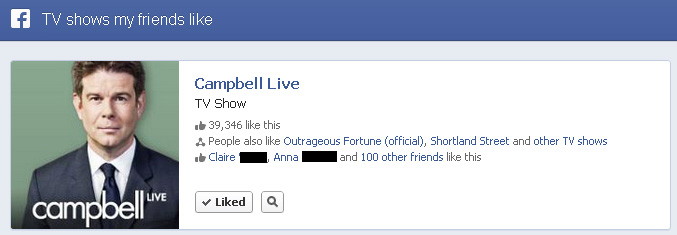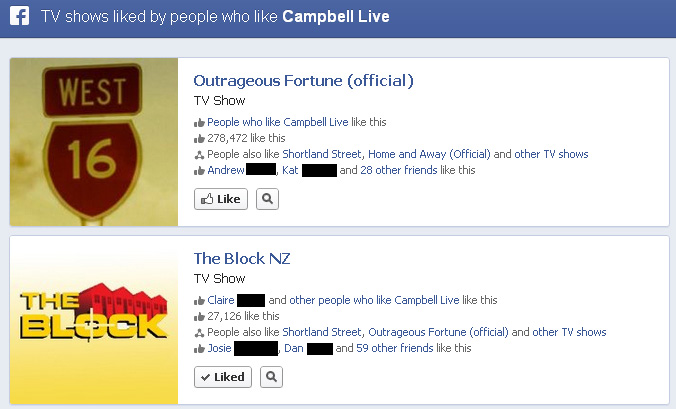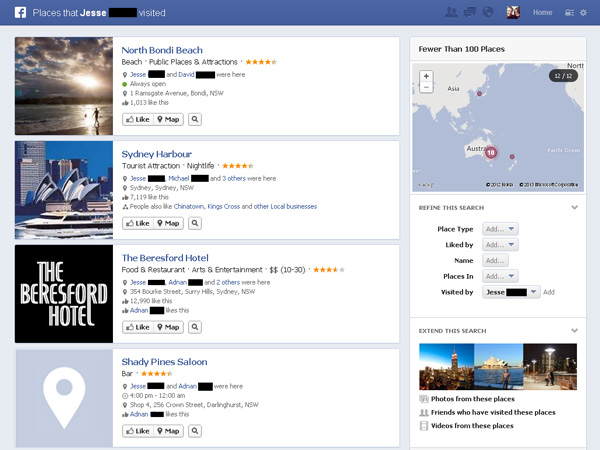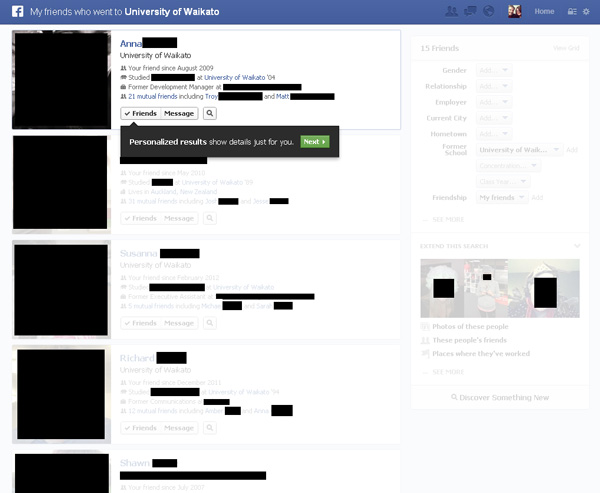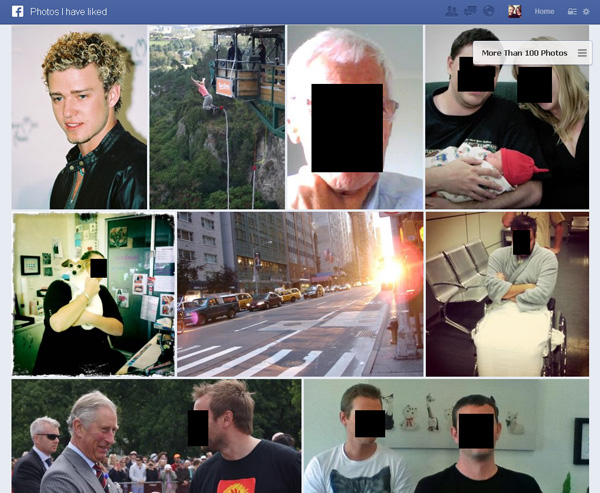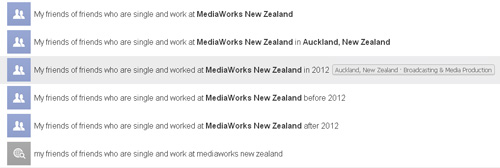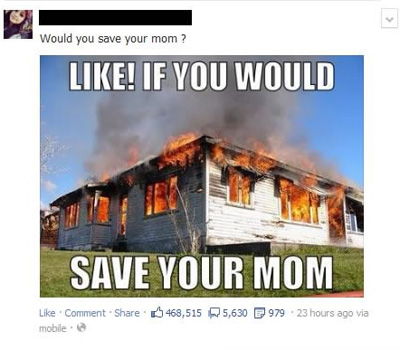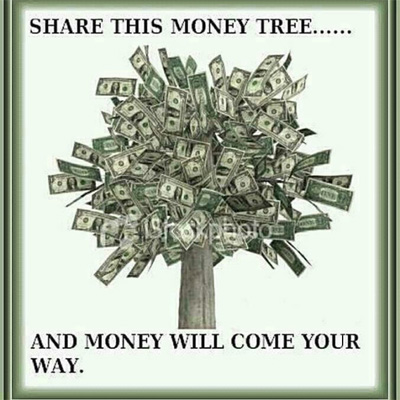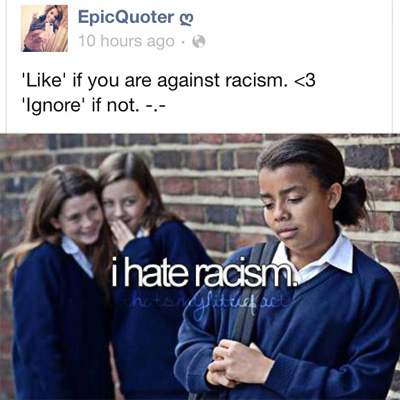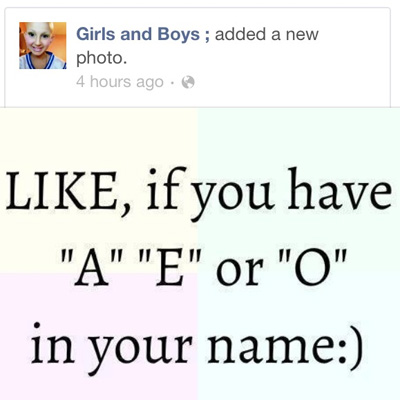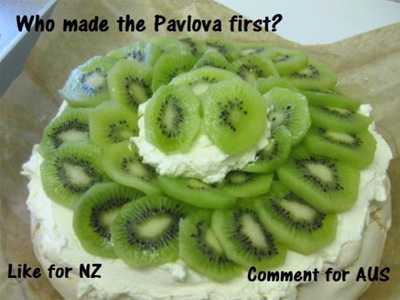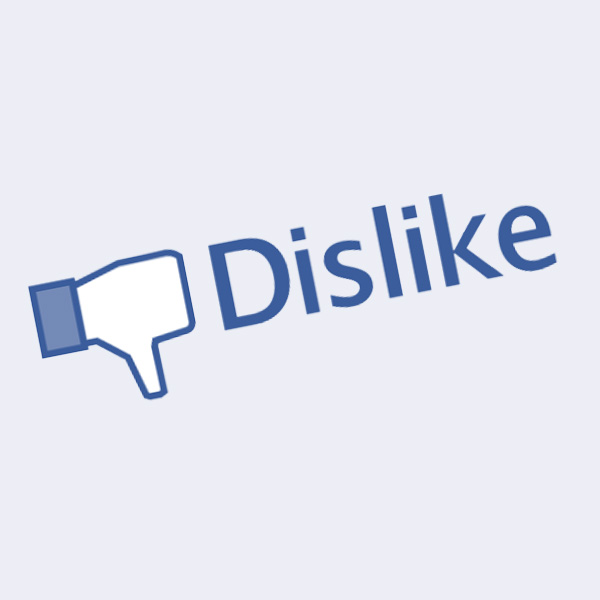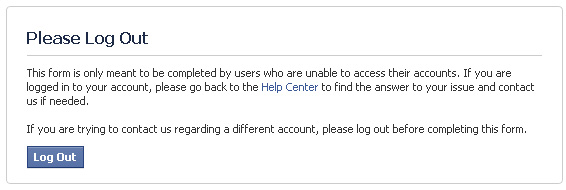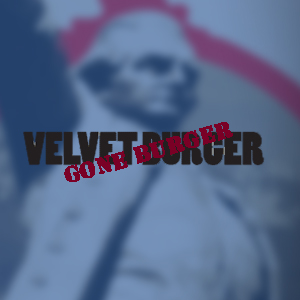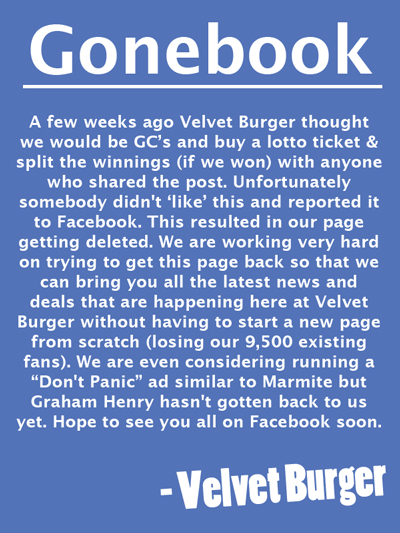I oversee a lot of Facebook pages. I’ve also been using the platform personally for around seven years, and have been suspended, suspended myself, grown pages organically, watched viral content go mad, built apps, placed a fair few ads, and met with Facebook employees to try and understand the platform as best I can. I want Facebook to have long-term success so our company’s efforts to build the environment are not a big fat waste of everyone’s time.
But as someone who relies on it as both a user and a customer, I’m hugely frustrated.
Don’t advertise my brand’s competitors on my page
I can’t believe this is has to be a point.
Facebook has announced it’s rolling out new-look brand pages so naturally I was keen to try them. I converted one of my pages, only to find THREE of our competitors page’s sitting in a new box of “similar pages” on the left hand side. I don’t want to advertise my competitors! What are you thinking?! Nope, nope, nope. [update: I have recently tried the new page layout again and the similar pages box has gone!]
You can also place ads targeting your competitor’s fans, or have your fans targeted. All that time and/or money you spent building up your likes has essentially created a custom audience for your competitors to use. Ouch.
Give us a truly chronological newsfeed
There have been rumblings for a long time over the painful algorithm that controls news feeds; with many brands gaming their status updates for likes and engagement. Sure, you can change the feed to “most recent”, but even then it’s mixed up and not showing everything.
This is one area Twitter has Facebook in a headlock. I follow a brand because I want to see it, even if I don’t want to engage with it. Social media is, in part, about quickly scanning a feed to gather information, and so you want all the information, not just the stuff you will click like on. Eli Pariser’s Filter Bubble theory does this much more justice than I ever could, but in a nutshell, Facebook relies on us interacting with a status to prove we’re interested in it, and that’s a dangerous fallacy.
The other problem is that if you’re managing a page that has had an engagement problem in the past and you’re trying to rescue it, without dropping a lot of money on the page, you’re stuck. When you have a page with 50,000 fans, and only 1,000 of them see a status update, it seriously makes you wonder if it’s worth just deleting the page and starting again. That, or you start putting off-brand memes everywhere and spam the shit out of everyone to fake the engagement until your reach is decent again. Rock, meet hard place.
We need reliable, consistent insights
How can I build a reporting system around metrics that might change out from underneath me? I think Facebook’s page insights are amazing. They’re super valuable and helpful, but it feels like all that could be gone in a heartbeat. Insights changed about 18 months ago, and everything prior to that was wiped. Please stop tinkering, or at least don’t grandfather the insights you were offering.
Not to mention that Page Insights seem to have been “unavailable” or plain unreliable a fair bit, especially lately.
Anyway, all this complaining is going to get me nowhere because, as the joke goes, we could always use Google+ Echo Chamber and see how far that gets us.

Like I said, I want Facebook to be a success. It’s New Zealand’s largest social network with 2.6 million active NZ accounts, and it doesn’t seem to be dying at any great rate of knots. But is it good for community managers any more?

